Author: WILL GOTTSEGEN
Compiled by: Block unicorn
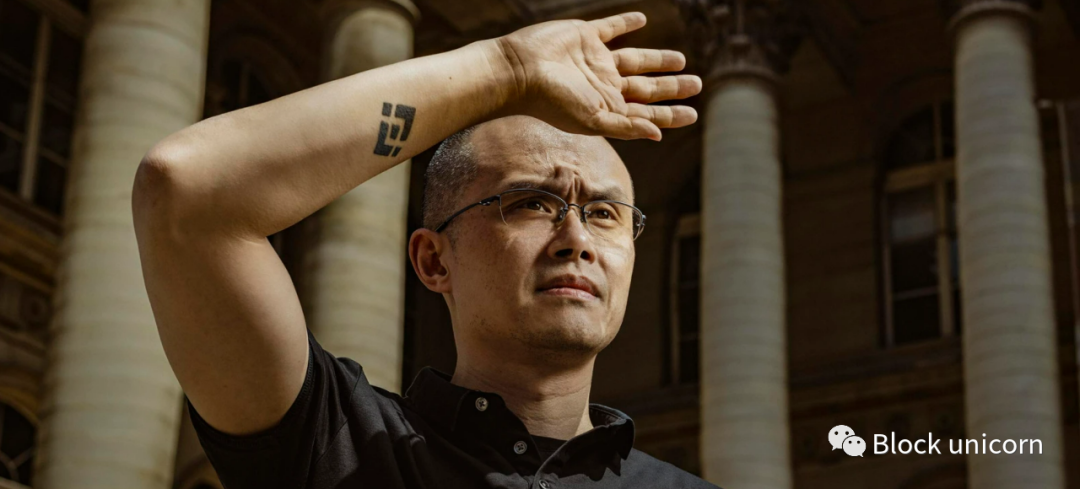
Zhao Changpeng (CZ), the CEO of Binance, has recently been avoiding public attention. However, after Sam Bankman-Fried’s astonishing rise, all eyes are on this mysterious figure in the crypto world.
- Viewing the Meme Coin Craze from the Perspective of Cultural Identity and Community Building: The Ultimate Expression of Herd Behavior
- Arthur Hayes’ New Article: Be Patient, Bull Market Will Begin in Q4
- Ethereum Ecosystem Weekly Report: Cancun Upgrade, EIP-4844 Engine API Version Control, Suggested Addition of Block Blob Target…
This news came out of nowhere and was decisive: Binance Global, led by Zhao Changpeng, announced plans to acquire its biggest rival FTX, which is led by the young American SBF, in what looks like a game-changing move. SBF not only abandoned his once-thriving business, he effectively capitulated, selling off the rest of FTX in scraps.
However, just as the deal was announced, it disappeared. Binance canceled the transaction the next day, citing “issues beyond our control or ability to help.” On November 11, FTX crashed, wiping out an estimated $1 trillion in global cryptocurrency value and permanently tarnishing the reputation of the crypto industry.
SBF, the spiky-haired Silicon Valley wunderkind and dutiful son of two Stanford law professors, has become one of the most infamous alleged criminals in financial history. Books, TV shows, and movies about the FTX disaster continue to pour out, undoubtedly cementing SBF’s place in culture. But if you don’t follow crypto, you may have never heard of CZ (short for Zhao Changpeng), despite his business empire and personal wealth surpassing that of SBF. This enigmatic Zhao Changpeng has always been a true crypto tycoon, and this mystery is no accident.
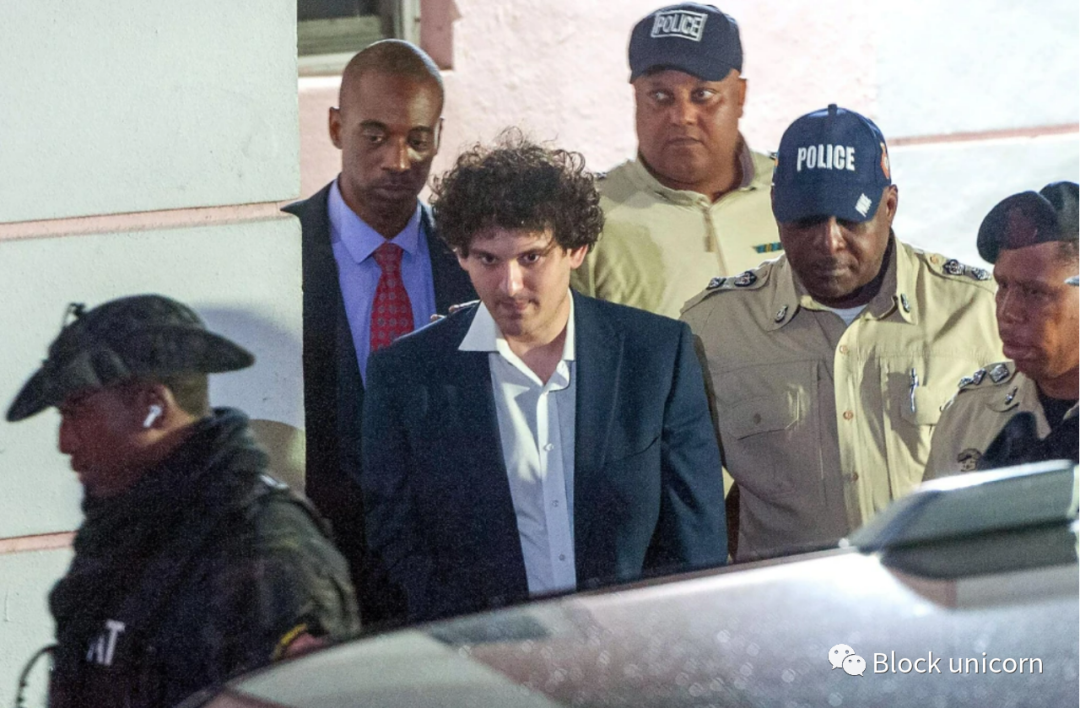
SBF was arrested in the Bahamas on December 13, 2022 by the Royal Bahamas Police
However, now, as the head of the largest and most important exchange in an industry under strict scrutiny, Zhao Changpeng is more exposed than ever before: in late March, Binance was sued by the U.S. Commodity Futures Trading Commission (CFTC) for a massive plan to intentionally evade U.S. law. Binance is being investigated by the U.S. Department of Justice, the Internal Revenue Service, the Securities and Exchange Commission (SEC), and other global regulators. The spotlight that Zhao Changpeng has been avoiding since the collapse of SBF is now shining on him due to regulatory investigations.
Senator Van Hollen, who has been monitoring Binance, said: “Obviously, Zhao Changpeng has been lurking in the shadows, and it’s hard to say where they (Binance) operate and what they’re doing. And as our concerns about the stability of funds stored continue to grow, this is very important. We just experienced the collapse of SVB, a regulated bank with at least some scrutiny process, and in the case of Binance, we know nothing. It’s a black box. So I’m worried it could collapse and a lot of people could lose a lot of money.”
So, who is Zhao Changpeng? What is he hiding?
In a 2018 blog post, Zhao Changpeng wrote: “Just an ordinary person doing a job that needs to be done. That’s it.”
What we know is that Zhao Changpeng was born in Qingkou Town, Jiangsu Province, China, in the late 1970s. He and his family reportedly left the rural area when he was 12 and moved to Hefei, then immigrated to Vancouver.
When he was in his teens, Zhao Changpeng had many part-time jobs, the most famous of which was working at McDonald’s for two years, reportedly earning 4.5 Canadian dollars per hour. McDonald’s work is an important part of Zhao Changpeng’s legendary story – the fast food chain has become a joke in the world of cryptocurrency (like failing traders must go to work at Meituan), symbolizing the fate of failed traders who will have to work at McDonald’s.
He then followed in the footsteps of his academic father and studied computer science at McGill University in Montreal. After graduation, he worked as a software developer in Bloomberg’s trading department. Zhao Changpeng’s direct supervisor at Bloomberg described him to me as “a smart software technology expert with excellent interpersonal skills,” but added that he was “not a typical Wall Street jerk” and “not a typical anti-social technology person.”
After leaving Bloomberg, Changpeng Zhao moved to Shanghai and co-founded a financial software company called Fusion Systems. In 2013, a poker game introduced him to Bitcoin and Changpeng Zhao immediately sold his home in Shanghai, used one million dollars to purchase Bitcoin, and left his position at Fusion to enter the cryptocurrency industry. Over the next four years, he worked at different cryptocurrency startups until he co-founded Binance in China in 2017, dreaming of creating an international center for digital assets.
The platform’s key to success is that it serves as the entry point for the entire industry: if you want to own some Bitcoin or use any network application based on cryptocurrencies, you need to convert non-cryptocurrency into cryptocurrency. For tens of millions of global users, Binance is the place to achieve this goal, with enough ease of use for beginners and enough sophisticated analysis tools for professionals. It was an almost immediate success, attracting 120,000 users in its first 45 days of operation. Today, that number has grown to 120 million, and Binance is the largest cryptocurrency exchange. Due to his controlling stake in the company, Changpeng Zhao is now one of the 60 wealthiest people in the world.
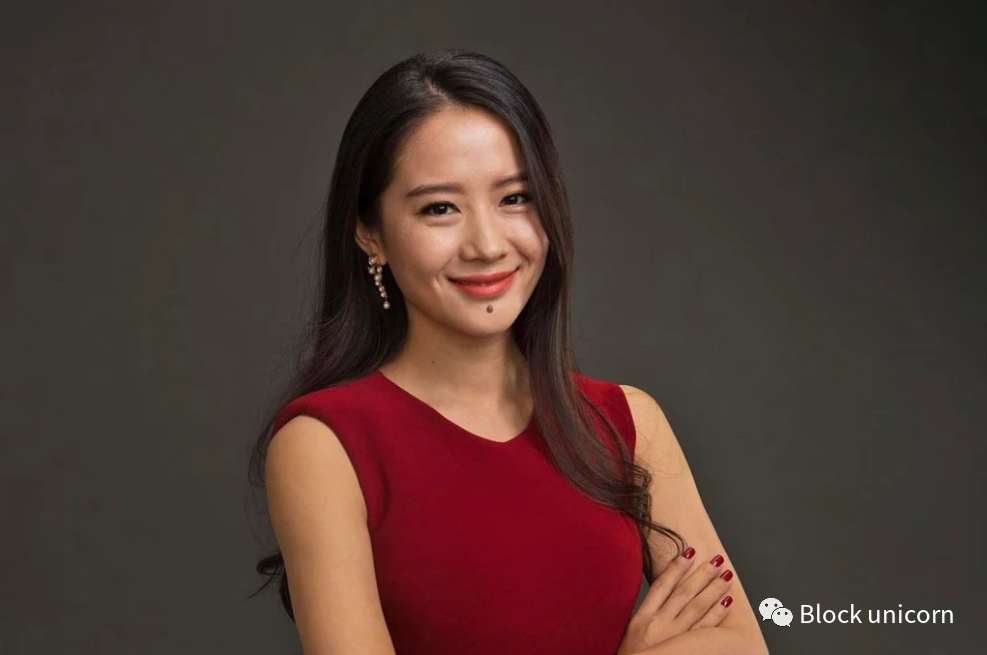
He Yi co-founded Binance with Changpeng Zhao in 2017
Changpeng Zhao and a woman named He Yi co-founded Binance, with He Yi having held different positions at the exchange. She was a Chinese television announcer and was appointed head of Binance’s venture capital department last year, managing $7.5 billion in funds. Now, she is the company’s chief customer service officer and one of the few female leaders in the cryptocurrency industry. She once said in an interview, “Forget about your gender and don’t focus too much on the fact that you are a man or a woman leading the world. Instead, focus on how to become an excellent business leader, whether you are a man or a woman.” She and Changpeng Zhao also have a romantic relationship and have two young children together, although little is known about their relationship.
It quickly became clear that Binance’s leadership was operating by its own rules. After a few months of Binance’s founding, China began threatening to crack down on the entire cryptocurrency industry, and Changpeng Zhao chose to move the business to friendly jurisdictions – first relocating the company’s headquarters to Japan and then to Malta. When even Malta’s regulatory demands seemed to be becoming too stringent for Binance, the company set out again.
During SBF’s rise, he developed friendly relationships with politicians and journalists, making strategic donations to both parties and providing funding to major media outlets such as ProPublica, Semafor, and The Intercept, as well as secretly supporting a cryptocurrency news outlet called The Block.
Zhao Changpeng took a more direct approach. When Forbes magazine published a report in 2020 alleging that Binance was attempting to evade U.S. regulation, Binance sued Forbes for defamation; a year later, Binance announced plans to purchase a $200 million stake in the media giant, which was about to go public. Forbes confirmed to me that the investment ultimately did not materialize because the listing plan fell apart, but the announcement itself demonstrated Zhao Changpeng’s real purchasing power, whether in terms of his influence in court or his favor with traditional media. (No wonder Zhao Changpeng refused interviews with traditional media outlets such as Rolling Stone magazine – he declined multiple interview requests through Binance representatives.)
However, Zhao Changpeng is not keeping quiet. He is very active on his own blog and Twitter, where he feels at ease with the core user base who are obsessed with high-risk cryptocurrency trading and communicate with each other using memes that take years of following to understand. When an anonymous YouTuber made a meme video implying that the Binance website was down, Zhao Changpeng quoted the meme in the company’s official policy, indicating that he is good at using memes (and also implying that he is good at marketing).
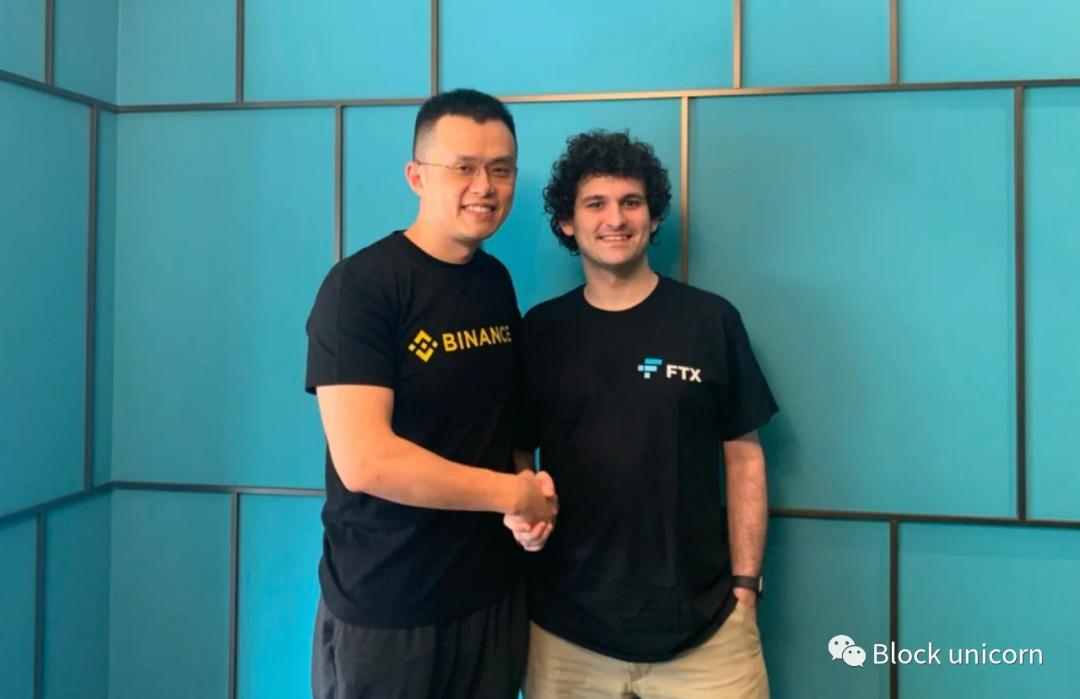
His familiarity with cryptocurrency culture has given Zhao Changpeng credibility within the industry, even though he refuses to disclose details about his business structure. Because Binance operates outside of the United States, it has so far been unconstrained by the U.S. regulatory system and does not need to disclose its operations in strict detail. Although Coinbase claims to have “no headquarters,” it is still a public company registered in Delaware, and is thus legally responsible to shareholders and customers. Although Binance has branches in the United States, it does not need to comply with the same set of regulations. While you can find Binance offices in Paris, Dubai, and Abu Dhabi, among other places, the question of Binance’s true headquarters remains unclear as of 2023. “Cryptocurrencies have different rules in different places,” Zhao Changpeng told Fortune magazine. “So we’re not trying to bend the rules or even avoid the rules, we’re just trying to find a more favorable place.” (A Binance spokesperson told me, “We are undergoing a company restructuring aimed at providing regulatory agencies with more clarity about our organization.”)
Zhao Changpeng has always been without a fixed place of residence, although earlier this year he said in a rare interview with “Cryptocurrency Wealth” that he divides his time between Paris and Dubai.
Rowan Gray, a law professor at Williamette University who frequently comments on cryptocurrencies, said: “CZ’s biggest skill is that he has no commitment to any place, which is the skill CZ needs to avoid risks. Like a crypto wanderer, he can play different roles in different places.”
The implicit bet is that if customers cannot determine Binance’s actual company location, perhaps regulators cannot either. Although in a statement in March of this year accusing Binance, Rostin Benham, chairman of the US Commodity Futures Trading Commission, specifically stated, “Claiming that there is no exact address will not prevent the CFTC from protecting US investors.”
But now, this crypto wanderer has become a key focus of the US government. In March of this year, Maryland Senator Chris Van Hollen (Democrat), Massachusetts Senator Elizabeth Warren (Democrat), and Kansas Senator Roger Marshall (Republican) jointly signed a letter expressing concern about “Binance’s role in evading regulation, moving assets for criminals and sanction evaders, and hiding basic financial information.” Although the company quickly stated that the letter was based on “incorrect or incomplete” reporting and “misunderstandings” about the company, this marked the most explicit legislative attention to Binance since the SBF era.
Zhao Changpeng and his company are still dealing with the consequences of the 24-hour FTX trading suspension, which plunged the cryptocurrency world into chaos, erasing much of the momentum that supported it in early 2021 and 2022, and causing prices of various assets to fall. The company is dropping partnerships with cryptocurrency partners (remember Instagram’s NFT?), and US regulators have launched what some see as a targeted action to curb the damage caused by FTX and the notorious SBF.
The blurred boundary between Binance Global and Binance US is part of the reason why regulators are concerned. In the first two years of Binance, all customers were directed to the same website, but in 2019, when Binance decided to conduct a more thorough review of its US customers, it established a completely separate entity and banned US traders from using the original Binance platform. The problem is that because of a relatively simple technical workaround (known as VPN), theoretically anyone can still access the Binance Global site from the United States (with lower fees and looser user identification).
Christie Goldsmith Romero, a commissioner at the U.S. Commodity Futures Trading Commission (CFTC), told me she has seen the development of this pattern across the industry of international companies intentionally or unintentionally circumventing U.S. regulation, although she declined to comment specifically on Binance’s ongoing case. “I see risks similar to those of cryptocurrencies in 2008, as well as some new risks. If you want to reap the benefits of entering the U.S. market, then you have to go through the necessary steps to get that permission, and that involves regulation,” she said. Zhao Changpeng has consistently maintained that Binance is doing everything it can to comply with U.S. law. Regarding the block on U.S. VPN users accessing Binance Global’s trading services, Zhao wrote in a blog post in March that he “doesn’t know any system that is more comprehensive or effective than Binance.”
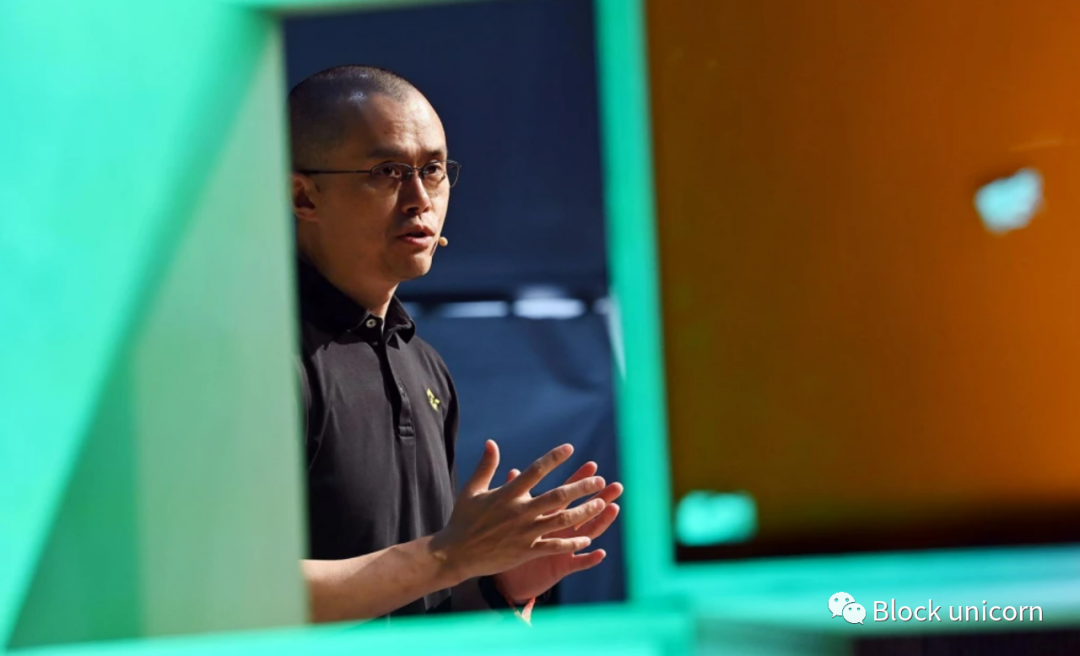
Not everyone holds the same view on why Binance seems to have become such a focal point of the U.S. government’s attention. For Hester Peirce, a SEC commissioner appointed by Trump who has long been a champion of cryptocurrencies, the lack of clarity around regulation is actually more the government’s responsibility than that of private players in the crypto space. “We’re in a situation that we’ve created for ourselves, which is that we haven’t provided a registration pathway for entities that want to trade in crypto assets,” she told me. “If we did that, then a lot of the questions about where headquarters of different operations are would have to be answered.”
For others, including lawmakers such as Elizabeth Warren and Sherrod Brown, Binance’s behavior is what has truly raised concerns — actions that show a “blatant attempt to evade global financial regulators.”
In a tweet earlier this year, Zhao wrote: “2023, keep it simple, spend more time on fewer things so we know what to do and what not to do. Focus on 4 things in 2023: 1) Education; 2) Compliance; 3) Product and service; 4) Ignore FUD, fake news, and attacks.” Additionally, Zhao has said there is no product without security in the crypto industry and that money should never be the goal.
The fourth option — “Ignore FUD, fake news, and attacks.” — means that when his business and personal reputation are under fire, he tells people not to pay attention to FUD (meaning fear, uncertainty, and doubt), which means telling people “not to worry about anything they say.”
In May the price of bitcoin soared, reaching an all-time high of nearly $65,000. Binance, the world’s largest cryptocurrency exchange, was in the right place at the right time.
The exchange, founded by a developer named Changpeng Zhao in Shanghai in 2017, had become a crucial gateway for investors looking to buy and sell bitcoin. As the price of the cryptocurrency soared, Binance’s fortunes rose with it, becoming one of the most valuable exchanges in the world and earning Zhao a fortune worth an estimated $1.9 billion.
But in recent months, Binance has faced mounting regulatory scrutiny, raising questions about the future of the exchange and its enigmatic founder.
Over the past year, Binance has been the subject of warnings and investigations by regulators around the world, from Japan to the United States. The concerns are many: that Binance is facilitating money laundering and other financial crimes; that it is operating in countries where it is not licensed to do so; and that it is allowing investors to trade in cryptocurrencies that may be fraudulent or otherwise illegal.
Despite these concerns, Zhao has remained defiant, insisting that Binance is doing nothing wrong and that regulators are misunderstanding the nature of the exchange’s business. In a tweet on Star Wars Day, he wrote: “May the 4th be with you. Ignore FUD, keep building!” It was during this time that regulators began warning traders about the sudden withdrawal of billions of dollars from the platform, a behavior that was not explained. (He also referred to Bloomberg’s report on the missing $1 billion as “fear, uncertainty and doubt.”) When a similar incident occurred months later in response to a CFTC lawsuit, Zhao tweeted about “misstatements in the traditional media.”
But while Zhao dodged and deflected, the entire industry held its breath. Zhao was not only responsible for Binance, but the cryptocurrency industry could not afford a hit to its reputation like SBF’s. “In a way, FTX’s bankruptcy spectacularly helped eliminate some of the worst corruption problems and took a hit that the rest of the ecosystem didn’t want to take and tried to avoid,” speculated Hanwen Cheng. “So CZ bought himself more time in that regard, but I don’t think there’s any reason to believe that the fundamental health of their business model is any better.”
Binance’s market share remains enormous – two-thirds of all cryptocurrency trades take place on its site – but for Cheng and other commentators, the regulatory grace period may be coming to an end. Faced with mounting threats, CZ has hired white-collar defense lawyers Latham & Watkins to represent him personally and added hundreds of employees to Binance’s compliance department. The company’s head of financial crime compliance recently told the New York Times: “Binance sees itself as a tech company, which may help explain its practices, and they broke some principles, insinuating that principles in tech are broken, ‘Move fast and break things,’ that’s what all exchanges are doing.”
Like what you're reading? Subscribe to our top stories.
We will continue to update Gambling Chain; if you have any questions or suggestions, please contact us!